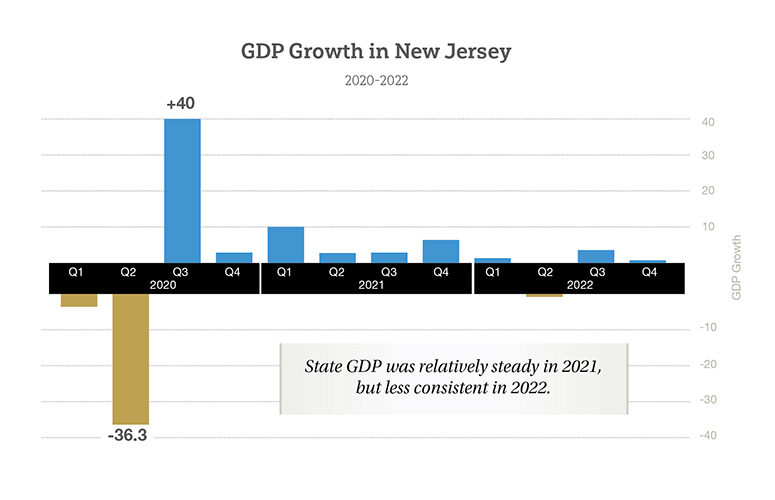
Withum: Mobile Health Industry Poised for Growth Over Next Five Years
On Jan 25, 2016The mobile health (mHealth) industry is projected to evolve from remote smartphone monitoring for healthcare data collection to focusing on healthcare cost reductions through patient engagement in the next five years, according to Robert Hutchins, CPA, CVA, a partner in the audit, tax and advisory firm Withum, headquartered in Princeton. Considered a submarket of electronic health (eHealth), the platform for managing, storing and analyzing data, mHealth’s stakeholders include mobile operators, wearable metabolic measurement device manufacturers, physicians, software developers, insurance companies and patients.
“The mHealth industry is in its infancy stage, but not for long. Currently, mobile technology – such as Vitals, WEBMD and Epocrates – is primarily delivering information,” said Hutchins. “However, many of these web- and mobile-based applications use intelligently designed algorithms to effectively transform into point-of-care diagnostic tools.”
McKesson, a major provider of healthcare information technology and consulting services, predicts mHealth applications and device market companies that can reduce healthcare costs by improving health outcomes have the potential to grow five-fold between 2015 and 2020.
Throughout the New Jersey/New York/Philadelphia corridor, incubators and accelerators are nurturing entrepreneurial communities to start up and share ideas. Whether they are university-affiliated or privately organized, they do not provide funding to companies. Instead, they help perfect the “pitch” to angel groups for financing.
“While point-of-care diagnostic tools are not new, embedding them into smartphone apps as well as global cellular communications brings healthcare to the masses,” explained Hutchins, who also is a co-founder and chairman of intelliSanté, a web-enabled application that allows users to connect and track their health online. “The power of computing with the availability of almost universal communications is going to disrupt the healthcare industry as never before, and it is creating exciting opportunities for startup companies with great ideas.”
Big players like Cerner, Apple, Athena Health, Jawbone and Omron are all working on new offerings and many new small players are presenting strong competition. In the Mid-Atlantic region, startups such as Sense Health and Vita Vantage are innovating marketplace solutions.
Startups Reliant upon Self Funding or “Angel” Funds
Venture-capital funding for digital health doubled from 2013 to 2014, with portfolio investments shifting to later-stage companies (increasing 50 percent over the prior year). As a result, startup mHealth companies have had to rely on self-funding or angel funds. The only exception to this is venture-capital funding of “dream team” entrepreneurs with prior mega success stories.
One example is Lyra Health and its focus on coordinating better medical care for behavioral health patient populations. Others include Sentrian and CareSpeak, two venture-capital-backed companies focused on population health monitoring. Notably, these are all West Coast-based companies with funding from Silicon Valley.
“Organized angel funds have yet to find their appetite for this space, leaving family, friends and ‘fools’ to fund startup mHealth ventures,” explained Hutchins. “It is very costly to build HIPAA-compliant applications that also require possible ONC or NCQA certifications for reimbursement eligibility. That can take a lot of fools.”
However, Hutchins favors a different scenario. “These people are the innovators and architects of a new healthcare system,” he said. “Under this system, engaged patients use data to monitor their health real-time, collaborate with care teams and provide real-world evidence from large patient population analytics.”
Hutchins has more than 30 years auditing, accounting, tax and consulting experience serving the life science, nonprofit, government and professional service industries as well as real estate, construction, hospitality and retail. He is a member of the New Jersey Technology Council and American Institute of Certified Public Accountants, New Jersey Society of Certified Public Accountant and National Association of Certified Valuators and Analysts.
Related Articles:





